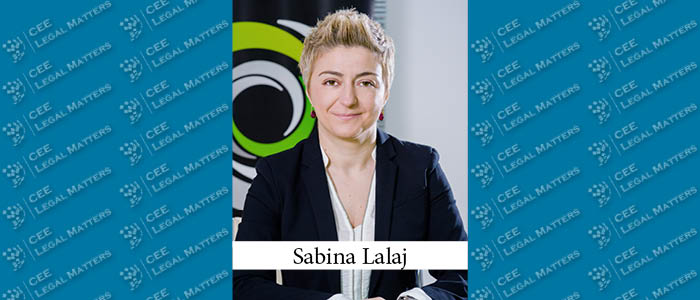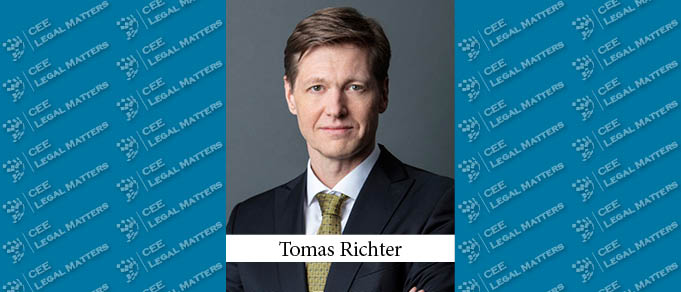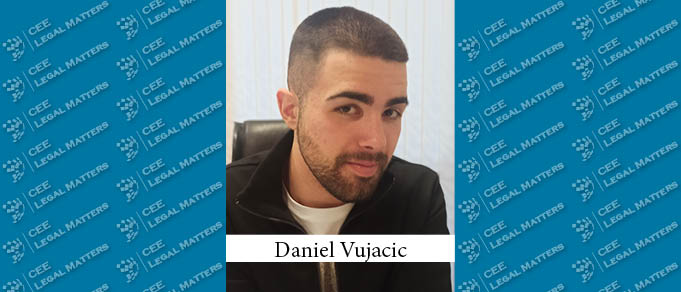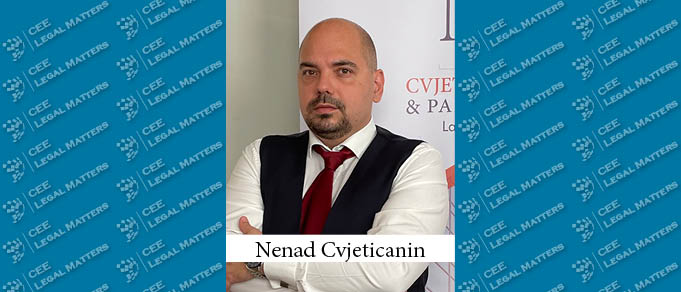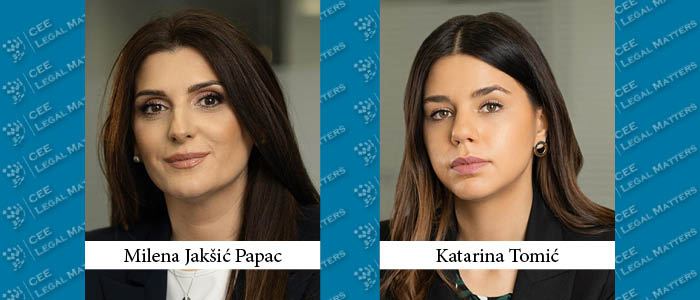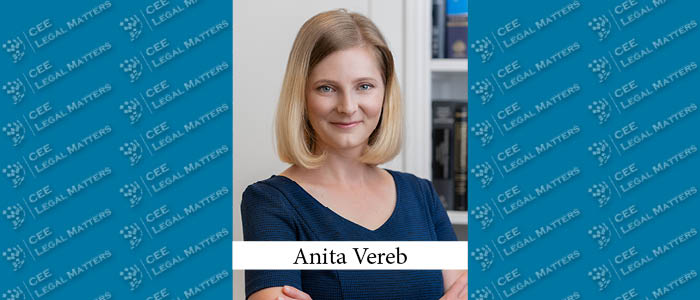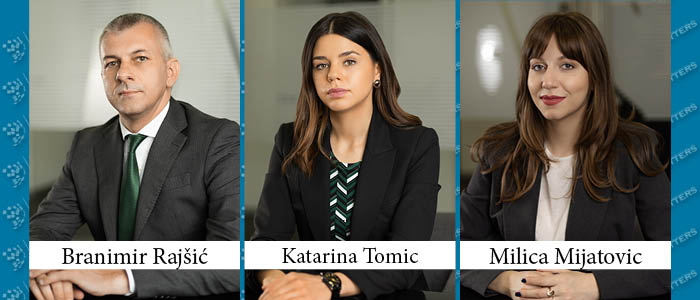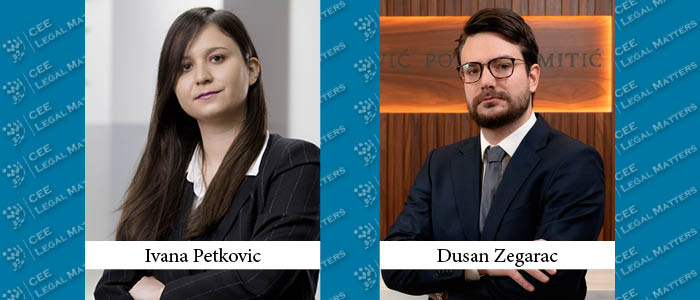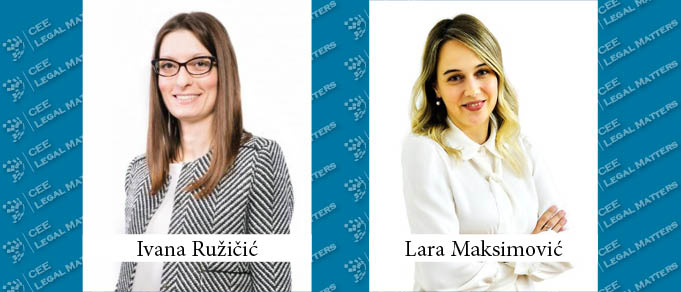The Hungarian renewable energy sector has recently undergone a huge development, mainly focusing on photovoltaic power plants. In Hungary, rooftop photovoltaic projects are mainly widespread among households and companies to cover their own electrical needs. These projects are so-called household power plants, which are basically micro power plants connected to the low-voltage system.
Albania Set to Revamp Gambling Regulations: Online Sports Betting and Strict Licensing on the Horizon
Albania is making significant changes to its gambling laws. The Albanian government has been actively revising its gambling regulations, with the latest amendments poised to usher in a new era for the industry. Recent developments and what they mean for the future of gambling in the country are explored below.
New Czech Preventive Restructuring Framework
With a delay of over a year, Czech Act no. 284/2023 on preventive restructuring implemented the EU Restructuring Directive 2019/1023 into Czech law with effect as of 23 September 2023. This publication explains some of the key choices made by the Czech Republic upon the Directive’s implementation.
The Legislation for the Extraction of Geothermal Energy May Change
The Hungarian Government plans to further develop the regulatory framework for geothermal energy, according to the REPowerEU chapter of Hungary’s Recovery and Resilience Plan.
Ukraine Has Taken an Important Step Toward Competition Law Reform
On 12 September 2023, the President of Ukraine signed Law No. 5431 "On Amendments to Certain Legislative Acts of Ukraine to Improve the Activities of the Antimonopoly Committee of Ukraine" ("Law"), which launches a reform of Ukrainian competition law. The Law will enter into force on 1 January 2024.
How Can Corporate Reputation be Protected?
Corporate reputation is an organisation's most valuable intangible resource and may be defined as the public perception of the company and how it operates. It has its monetary expression and influences financial and social capital as well as market share. It can be positive and negative. Reputation is an essential aspect of any business. In today's digital age, a company's reputation can be easily tarnished through websites, social media, online reviews and news articles.
Upcoming Changes to Legislation
The Work Program of the Government of Montenegro for 2023 envisages the preparation of a set of draft laws that are in final phase.
More and More Tax Audits – It's Wise to Stay Vigilant
Already last year, it was noticeable that after several years of decline, the Hungarian Tax Authority conducts more and more tax audits. In 2022, the number of tax audits increased by 6.2% compared to the previous year. Experience shows that this trend is expected to continue even more strongly this year. The most commonly audited tax category remains VAT.
Ukraine: Updated Procedure for Payment of Fees for Actions Related to the Protection of IP Rights
On 16 September 2023 the Resolution of the Cabinet of Ministers of Ukraine "On Amendments to the Procedure for Payment of Fees for Actions Related to the Protection of Intellectual Property Rights" ("Resolution") will enter into force. The Resolution introduces new fees, provides additional reductions and clarifies existing ones.
Product Liability for Products Containing Artificial Intelligence
Product liability for products containing artificial intelligence (AI) is a complex and evolving legal area that combines traditional product liability principles with the unique challenges posed by AI technology. Product liability refers to the legal responsibility of manufacturers and sellers for injuries or damages caused by their products.
Open Call for Women’s Entrepreneurship – Call for Granting Cash Incentives and Loans is Published
Open call for granting non-refundable cash incentives and approval of loans with the aim of incentivizing the development of women’s entrepreneurship was published on 28 August as part of Program for incentivising the development of entrepreneurship through financial assistance for women’s entrepreneurship (Program).
Can a Harsh Facebook Comment be a Lawful Ground for Dismissal in Hungary?
Social media platforms significantly changed the ways how people express their opinions: sharing views became easier than ever. On the one hand, this is positive, but on the other hand, it is also dangerous in the employment context, as the employee's opinion may be prejudicial to the employer's interests. A recent decision of the Hungarian Supreme Court gives answer to the question whether the employer can dismiss the employee for expressing his opinion on Facebook.
Increase of Excise Taxes by 8% for Certain Products
The Government of the Republic of Serbia adopted amendments and supplements to the Excise Law (Law) on 6 September 2023.
Obligatory Mediation in Civil and Commercial Court Proceedings
Under the current legislation, mediation as an alternative method of dispute resolution is voluntary. The amendments adopted in the State Gazette, No. 11 of 2023, which enter into force on 1 July 2024, introduced two categories of obligatory mediation in civil and commercial court proceedings:
Regulation of Artificial Intelligence – How Long Until the Future is Here?
The regulation of artificial intelligence (AI) is not a new issue. We understand that the use of such technologies can bring many benefits - such as better healthcare, safer and cleaner transport system, more efficient production, or cheaper and more sustainable energy - but we also are aware that they can pose significant risks if not properly regulated.
To Know What the Future Holds – A Closer Look into Duration of Court and Arbitral Proceedings
It is well established in today's world that the resolution of civil disputes is a crucial aspect of any legal system both by ensuring justice effectively and enabling continual business relationships to thrive unhindered by excessively long-lasting court proceedings.
The Government of the Republic of Serbia Adopted the Personal Data Protection Strategy
On August 25, 2023, the Government of the Republic of Serbia adopted the Personal Data Protection Strategy for the period 2023-2030 (“Strategy”).
Conclusion of Contract by Using Emoji – How Informal the Informal Contracts can be?
Meeting of minds of the contracting parties undeniably represents the very foundation of the contract law, hence both theory and practice agree that there is no agreement without it. However, when it comes to the manner of expressing such will, the situation is somewhat different.


